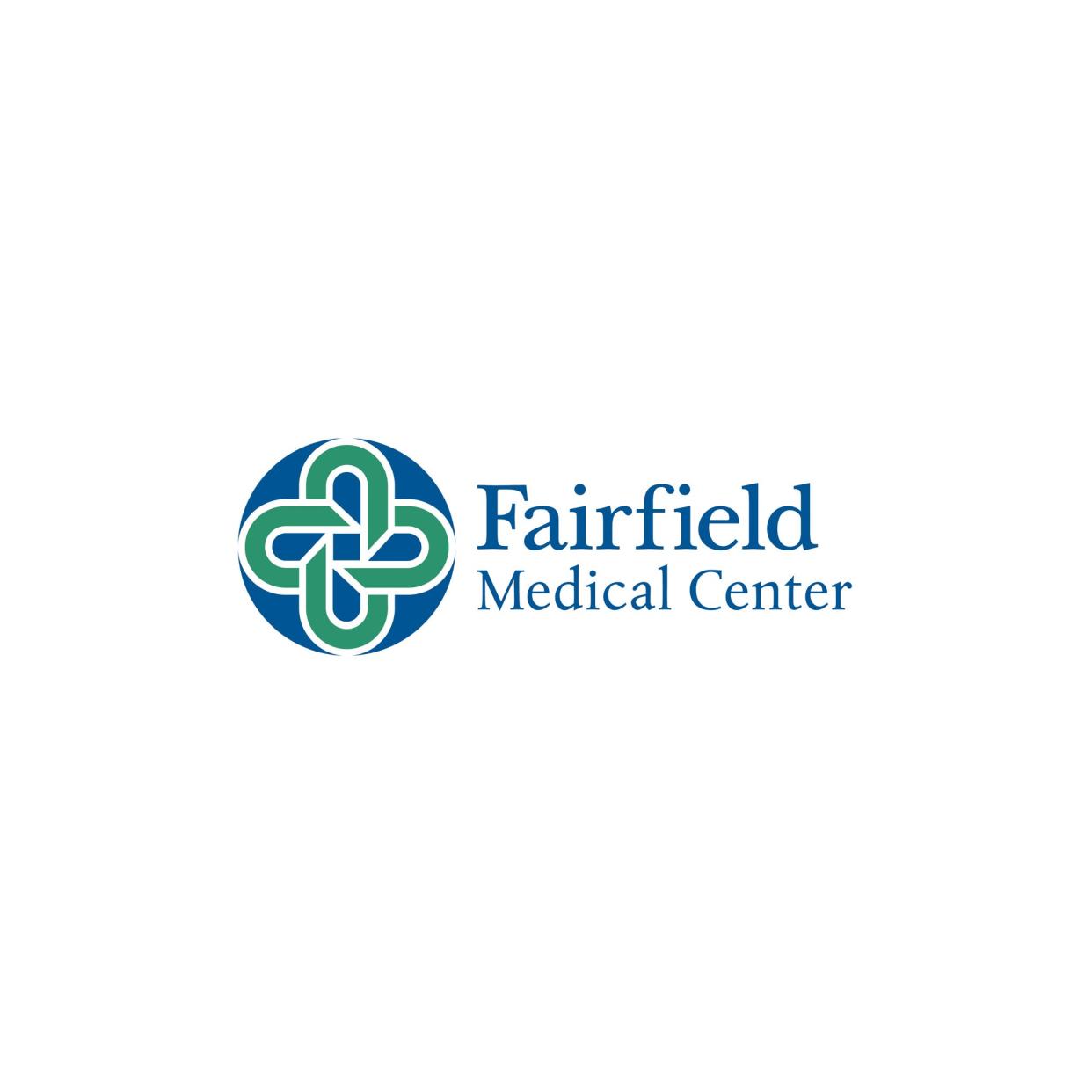Healthy Habits: Avoid heat-related illnesses this summer

Summer is only half over, but we’ve already experienced several days of record-breaking temperatures and oppressive heat this season. With so many fun outdoor activities taking place during the months of July and August – from vacations to baseball games to the Lancaster Festival – many of us will be spending a lot more time outdoors in the coming weeks as the dog days of summer settle in. It’s important that we know our limits and not overdo our time in the sun, especially on hot and humid days. Below are some tips to help you keep your outdoor excursions safe and healthy this summer:
Stay hydrated by drinking plenty of fluids. The best thirst-quenchers are water or beverages with electrolytes – avoid drinks with caffeine and alcohol. If you’re working outdoors, take a drink every 15 minutes or so, even if you’re not thirsty.
Wear loose-fitting, lightweight, light-colored clothing to stay cool and protect your skin. Avoid dark colors – they absorb the sun’s rays, increasing body temperature.
Stay inside and avoid strenuous exercise during the hottest part of the day, typically between 11 a.m.-3 p.m. If you need to be outdoors during these hours, try to stay in the shade.
Check on family, friends and neighbors who do not have air conditioning, spend much of their time alone, or are more likely to be affected by the heat.
Check on your outdoor pets frequently; they can suffer from heat illnesses, too. Make sure they have plenty of cool water, and remember: if the pavement is too hot for your bare feet, it’s too hot for theirs.
Excessive heat can lead to sunburn, heat cramps, heat exhaustion and heat stroke. If someone is experiencing heat illness, get them to a cooler place, have them rest, lightly stretch affected muscles as needed, and replenish their fluids with a half a glass (about 4 ounces) of cool – not cold – water every 15 minutes. While most symptoms of heat illness are minor and can be treated with these methods, some are more serious. If you notice any of the following, seek immediate medical attention by calling 911 and following the dispatcher’s instructions:
Body temperature above 103 degrees
Skin that is dry and hot to touch, indicating that sweating has stopped
Rapid breathing
Confused or irrational behavior
Convulsions or unresponsiveness
Make sure you take the time to enjoy all that the summer season has to offer, but do it safely! For more healthy living tips and information, including a list of upcoming Healthy Habits seminars, visit https://www.fmchealth.org/healthy-habits/
This article originally appeared on Lancaster Eagle-Gazette: Healthy Habits: Avoid heat-related illnesses this summer

